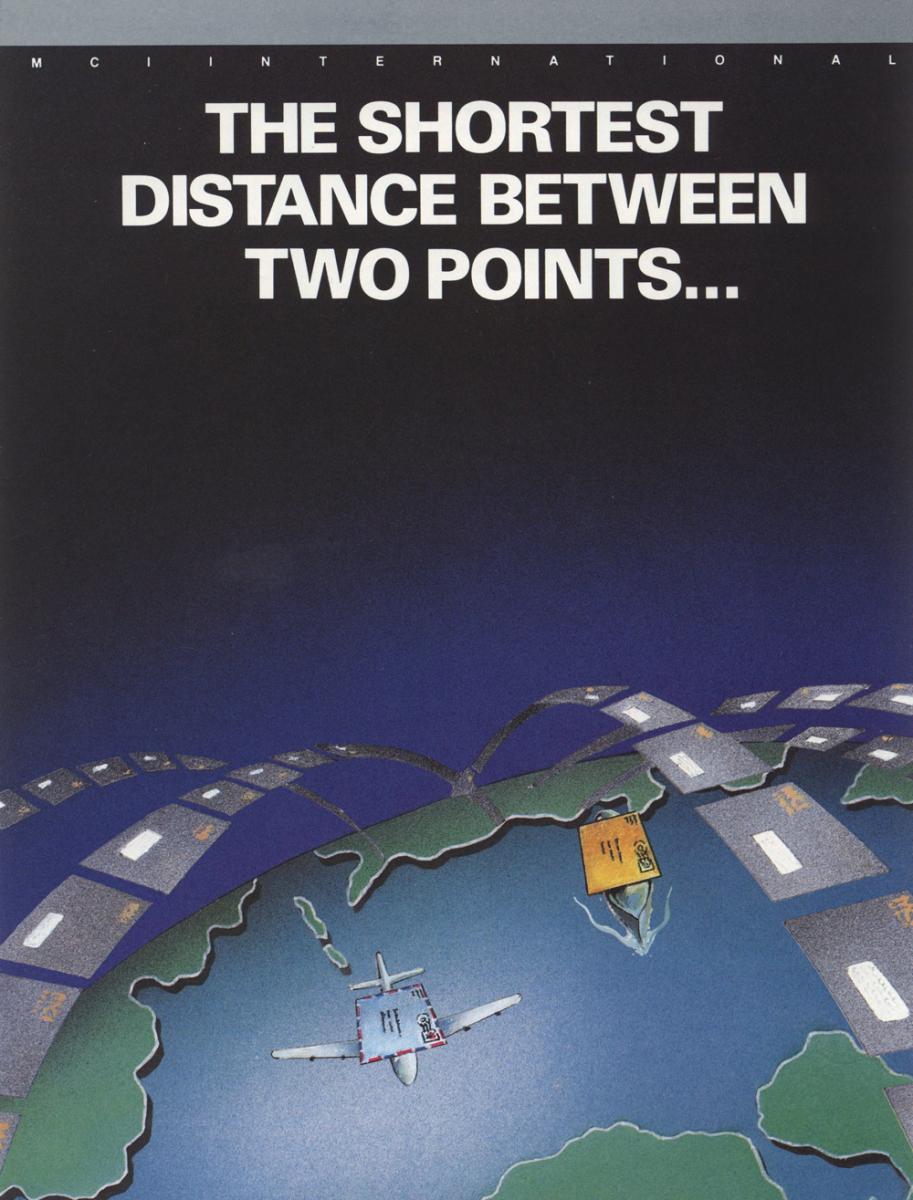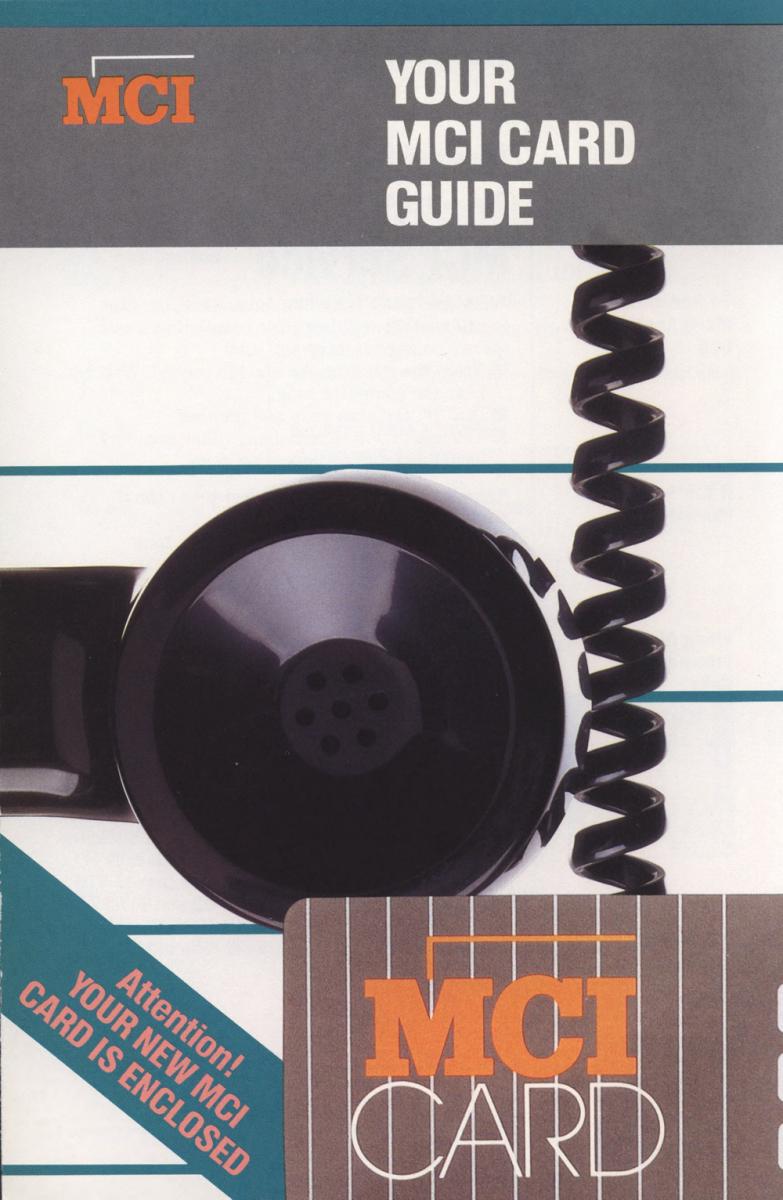Breaking into the international telecommunications business proved nearly as difficult for MCI as entering the domestic market. International voice traffic in the United States was controlled by AT&T. In other countries, international voice traffic was controlled by government ministries known as Post, Telephone & Telegraphs (PTT). International message and data communications were handled by International Record Carriers (IRC) in a much more competitive environment.
In 1979, the FCC decided to end its separation of international voice and messaging services. The FCC proposed allowing AT&T to enter the international message arena to create more competition and help drive prices down. AT&T would be allowed to compete with the IRCs in message service, and the IRCs would be allowed to compete with AT&T for international voice service.

Flush with cash in the 1980s, MCI jumped at the chance to move into the international market. Because PTTs and IRCs were a very close-knit establishment, it became clear that the only way MCI could break in was to buy an IRC. MCI purchased Western Union International (WUI) from Xerox in 1981 for $185 million.
WUI’s telex business was in such a state of disrepair that MCI decided to focus on entering the international voice market first. In order to do so, MCI decided to start close to home and signed an agreement with Canada.
MCI's next challenge was to approach England, a country that was about to open competition in telecommunications. Rather than dealing with the PTT, MCI approached cabinet-level politicians in the Thatcher government. British PTT officials were outraged over what they considered an attempt by MCI to sneak in the back door.

Although MCI had great success in lobbying American politicians, their efforts in England turned out to be counterproductive. It was clear that MCI’s approach would not work in the international arena.
In its second attempt in England, MCI made sure to deal directly with British Telecom. The strategy paid off, albeit with some help from the Thatcher government, which was pushing for open competition. By 1985, MCI was handling international voice traffic to England for 40% less than what AT&T charged. MCI continued to pursue more international traffic throughout the 1980s by adding countries such as France, West Germany and Japan.
Related Primary Sources
MCI Poses New Challenge to Bell, December 13, 1982

